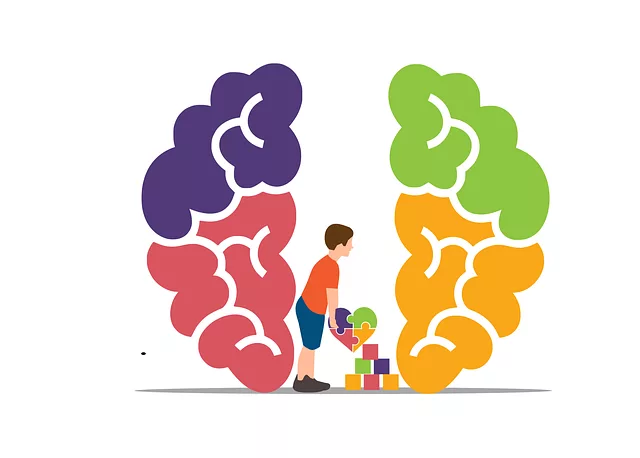Risk assessment and proactive management are key to providing tailored mental healthcare at Kaiser Broomfield. By evaluating patient needs, including depression risk and cultural competencies, professionals ensure access to suitable interventions. This holistic approach, combined with community outreach and self-care practices, simplifies the process of obtaining mental health services through Kaiser Broomfield, ultimately improving outcomes for all clients.
Mental health professionals often face complex risks while providing critical care. This comprehensive guide delves into the essential practice of risk assessment, highlighting its significance in ensuring patient safety and effective treatment. We explore strategies for navigating challenges, focusing on Kaiser Broomfield’s role in facilitating access to mental health services. Learn how these tactics empower professionals to manage risks, enhance patient outcomes, and optimize support through Kaiser Broomfield’s innovative approaches. Discover the key steps to ensure a secure environment for both practitioners and clients.
- Understanding Risk Assessment in Mental Health: A Comprehensive Guide
- Kaiser Broomfield's Role in Facilitating Access to Mental Health Services
- Strategies for Effective Risk Management for Mental Health Professionals
Understanding Risk Assessment in Mental Health: A Comprehensive Guide

Risk assessment is a critical component of mental health practice, serving as a strategic tool for healthcare providers in Broomfield seeking to deliver effective care. It involves a thorough evaluation of various factors that may impact an individual’s mental well-being and their potential for engaging in harmful behaviors. By understanding risk assessment, mental health professionals can better navigate the complex landscape of patient care, particularly when it comes to accessing services through Kaiser Broomfield.
This process encompasses identifying vulnerabilities related to conditions such as depression prevention and mood management, while also considering cultural competencies among healthcare providers. Through comprehensive training in these areas, professionals are equipped to recognize subtleties in patient presentations, enabling them to offer tailored interventions. By integrating risk assessment into clinical practice, mental health services can be proactively optimized, ensuring patients receive the appropriate level of care and support needed for their unique circumstances.
Kaiser Broomfield's Role in Facilitating Access to Mental Health Services

Kaiser Broomfield plays a pivotal role in facilitating access to mental health services, making it easier for individuals to seek support and care. Through its comprehensive approach, Kaiser Broomfield not only provides direct treatment but also empowers individuals with tools for inner strength development. This holistic strategy includes confidence-boosting initiatives that help clients navigate their mental health journeys with resilience.
The organization’s reach extends beyond its clinic walls through a robust community outreach program implementation. By engaging with local communities, Kaiser Broomfield bridges the gap between mental healthcare and those who might otherwise struggle to access it. This inclusive approach ensures that how to get mental health services through Kaiser Broomfield is not just simplified but also made accessible to all.
Strategies for Effective Risk Management for Mental Health Professionals

Mental health professionals are constantly navigating complex situations involving sensitive information and vulnerable individuals. Effective risk management is essential to ensure a safe environment for both clients and practitioners, fostering trust and promoting positive outcomes. To achieve this, professionals should adopt proactive strategies that encompass comprehensive risk assessment tools tailored to individual client needs. By integrating these methods into their practices, they can anticipate potential risks and implement appropriate measures to mitigate them.
One crucial aspect is staying informed about the latest Mental Illness Stigma Reduction Efforts and fostering a culture of Positive Thinking. Encouraging open dialogue, promoting Mental Health Awareness, and normalizing conversations around mental health challenges are essential steps. Additionally, professionals should prioritize self-care and seek support to prevent burnout, ensuring they remain adept at managing their own emotional well-being and effectively assisting clients.
Mental health professionals play a crucial role in providing support and guidance, but they also face unique risks. Understanding risk assessment is essential for their well-being and effective practice. By leveraging resources like Kaiser Broomfield to facilitate access to mental health services, professionals can ensure they have the necessary tools for navigation. Implementing strategies for effective risk management enables them to create a safe environment, enhance client outcomes, and foster a resilient practice. Knowing how to get mental health services through Kaiser Broomfield empowers professionals to prioritize their own well-being while offering quality care.






